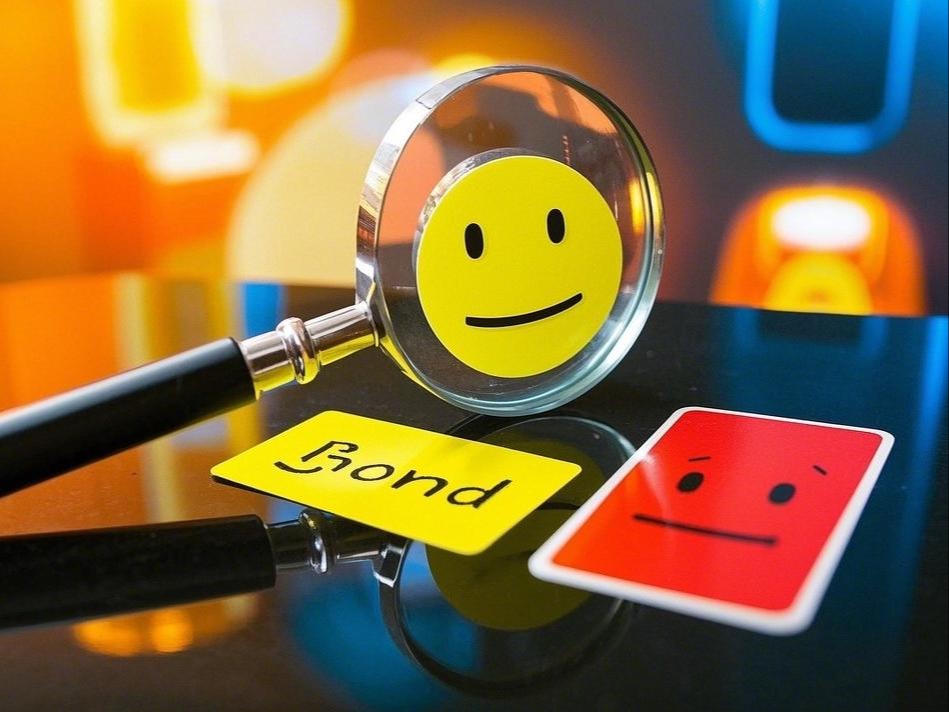Character isn't just about being a "good person" or following rules—it's the operating system that runs your entire life. Think of it like the foundation of a skyscraper: you might not see it, but everything from your relationships to your career stability depends on its strength. Unlike personality (which is more about how you're wired), character is what you build through choices—the daily yeses and nos that shape who you become when nobody's watching.

Most people reduce character to honesty or kindness, but it's actually a complex cocktail of traits. Grit—that stubborn determination to keep going when life sucker-punches you—is character. So is emotional regulation (not flipping your lid when traffic turns your commute into a parking lot). Accountability—owning your screw-ups instead of blaming your WiFi—counts too. Researchers at the University of Pennsylvania found that these "performance character" traits predict success more reliably than IQ in fields from entrepreneurship to teaching. It's why two people with identical talent can have wildly different outcomes: one crumbles under pressure while the other uses setbacks as rocket fuel.
Ever wonder why some people attract opportunities like magnets while others can't catch a break? That's character in action. Your unconscious behaviors—like showing up early, following through on tiny promises, or listening instead of waiting for your turn to talk—send signals that build or break trust. A Harvard Business School study tracked this in negotiations: participants were 43% more likely to make concessions to someone they perceived as having integrity, even when the facts were identical. Your character creates a reputation shadow that precedes you, opening doors you didn't know existed or slamming them shut before you arrive.
Here's where modern hustle culture gets it dangerously wrong. Trying to mimic character traits without internalizing them is like putting lipstick on a bulldog—it might look cute for a minute, but the truth always comes out. Take "fake confidence": pumping your chest and talking loud might land you a job, but without actual competence (built through disciplined practice), you'll drown in imposter syndrome. Authentic character requires what psychologists call "identity-based habits"—small actions aligned with who you want to be. Example: if you want to be courageous, start by having uncomfortable conversations, not by skydiving.
Forget grand gestures; character grows in the trenches of mundane moments. It's choosing to apologize when your ego screams not to. It's doing your taxes honestly even when you're broke. Neuroscience shows these choices physically rewire your brain—each ethical decision strengthens neural pathways for future integrity. Navy SEALs use this principle in training: by consistently doing hard things (making their bed perfectly at 4am), they build the neural infrastructure to handle extreme stress later. Your version might be as simple as deleting that shady streaming app instead of pirating movies—small wins compound.
Here's the uncomfortable truth: strong character often means swimming against society's current. In an era of viral outrage and performative wokeness, patience and nuance become radical acts. Studies on "virtue signaling" reveal how social media rewards superficial displays of morality over actual sacrifice (e.g., posting about climate change while ordering fast fashion hauls). Real character means tolerating eye-rolls when you refuse to gossip, or losing followers when you won't jump on some hashtag bandwagon. As philosopher John Dewey noted, "Morality is not what we do when we're being watched, but who we are when we think no one is."
At its core, character is your personal operating system—the code running beneath every decision. Unlike software, you can't download an upgrade; it requires daily debugging through self-awareness and uncomfortable growth. But here's the payoff: people with strong character don't just succeed by society's standards, they sleep well at night knowing their success wasn't built on shortcuts. That quiet pride? That's the sound of your future self thanking you for today's choices.
























